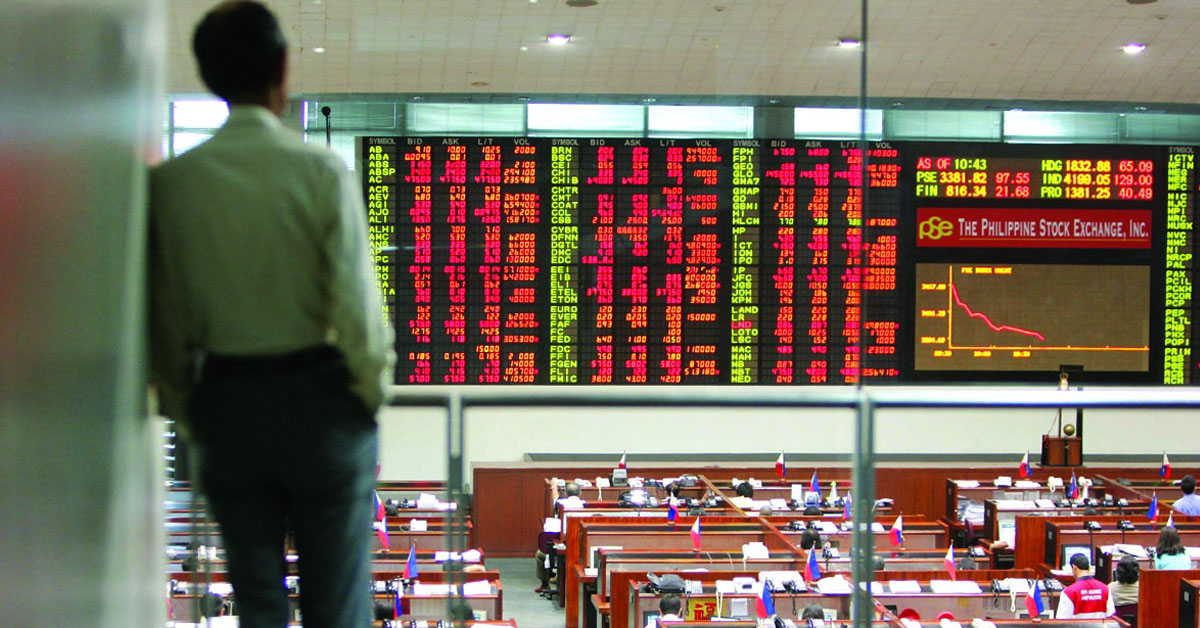 By Nguyen Thu Huyen, bizconsult Law Firm
By Nguyen Thu Huyen, bizconsult Law Firm
The participation in the Comprehensive and Progressive Agreement for Trans-Pacific Partnership (CPTPP) and the EU-Vietnam Free Trade Agreement (EVFTA) poses numerous requirements on the reform of laws, including labour laws.
Specifically, the members of the CPTPP and EVFTA are requested to adopt and maintain the rights as set out in the 1998 International Labour Organisation (ILO) Declaration, however, Vietnam is yet to ratify the remaining two core conventions of the ILO, which are Convention No. 87 regarding freedom of association and protection of the right to organise, and Convention No. 105 regarding abolition of forced labour. On that basis, Vietnam’s National Assembly ratified the new Labour Code on November 20, 2019 to replace the Labour Code 2012 and pave the way for the full implementation of the 1998 ILO Declaration. The new Labour Code will officially take effect from January 1, 2021 with the following notable provisions.
Employee representative organizations
The new Labour Code provides regulations on the establishment of employee’s organisations which are not under the system of Vietnam trade unions. Together with trade unions, these organisations are recognised as representing labour collectives at the grassroots level and have the equal rights and obligations as trade unions. In another way, the new Labour Code now recognises the right of employees to set up their own representative organisations to promote and improve the representative efficiency and protection of the rights and interests of the employees in labour relations, to comply with the core Conventions of the ILO as the new provision shows Vietnam’s effort tend to ILO’s Convention No. 87 which is not ratified by Vietnam’s National Assembly and to facilitate the process of international integration.
Nevertheless, this new regulation may place trade unions at a disadvantage due to a decrease in the number of members, especially in the non-state sector, and the role of trade unions may be limited.

Retirement age
The retirement age was a controversial topic in the process of preparing the draft of the new Labour Code 2019 for the National Assembly to ratify. People in favour of retaining the current retirement age argued that the increase of the retirement age might lead to growth in unemployment. Eventually, the retirement age has been amended to increase gradually.
In particular, age of retirement of employees working in normal working conditions is increased from 60 to 62 for males in 2028 and from 55 to 60 for females in 2035. Starting from 2021, the retirement age of employees working in normal working conditions is at 60 years and three months of age for males and 55 years and four months of age for females, then the retirement age shall increase by three months per year for males and by four months per year for females.
This roadmap for increasing the retirement age is considered reasonable as the current retirement age is still low compared to many countries in the world such as Singapore, Japan, Germany, etc. Moreover, the current retirement age was set more than 60 years ago when the average life expectancy of Vietnamese was 45 while it has now grown to 76.6 years.
Overtime cap
One of the remarkable amendments in the new Labour Code is the adjustment in the overtime cap. It has risen to 40 hours per month as compared to 30 hours per month as stated in the Labour Code 2012.
This amendment is for the purpose of meeting business needs and increasing the competitiveness of Vietnamese employees in the context of Vietnam joining CPTPP and EVFTA. In addition, the Labour Code newly stipulates cases for employees to work overtime for no more than 300 hours per year to ensure long-term benefits for employees.
Other noteworthy regulations
Other than the above-mentioned provisions, some noteworthy regulations of the new Labour Code are as follows: (i) an additional one full paid leave day adjacent to National Day raises the number of public holidays to 11; (ii) employees are allowed to unilaterally terminate labour contracts without reasons by notifying in advance within the timeline specified by law; (iii) employers are allowed to unilaterally terminate labour contracts of employees who are absent from work without permission for a total of five consecutive working days or more without requiring the employers to dismiss the employees for termination of labour contracts; (iv) and instead of conducting dialogue at workplaces every three months, the new Labour Code adjusts this regulation to once a year.

Hanoi:
T: (84) 0) 24 3933 2129
F: (84) 0) 24 3933 2130
E: info-hn@bizconsult.vn
Ho Chi Minh:
T: (84) 0 28 3910 6559
F: (84) 0 28 3910 6560
E: info-hcm@bizconsult.vn
M: (84) 91 290 8579
E: huyennt@bizconsult.vn

























 Nguyen Anh Tuan
Nguyen Anh Tuan




